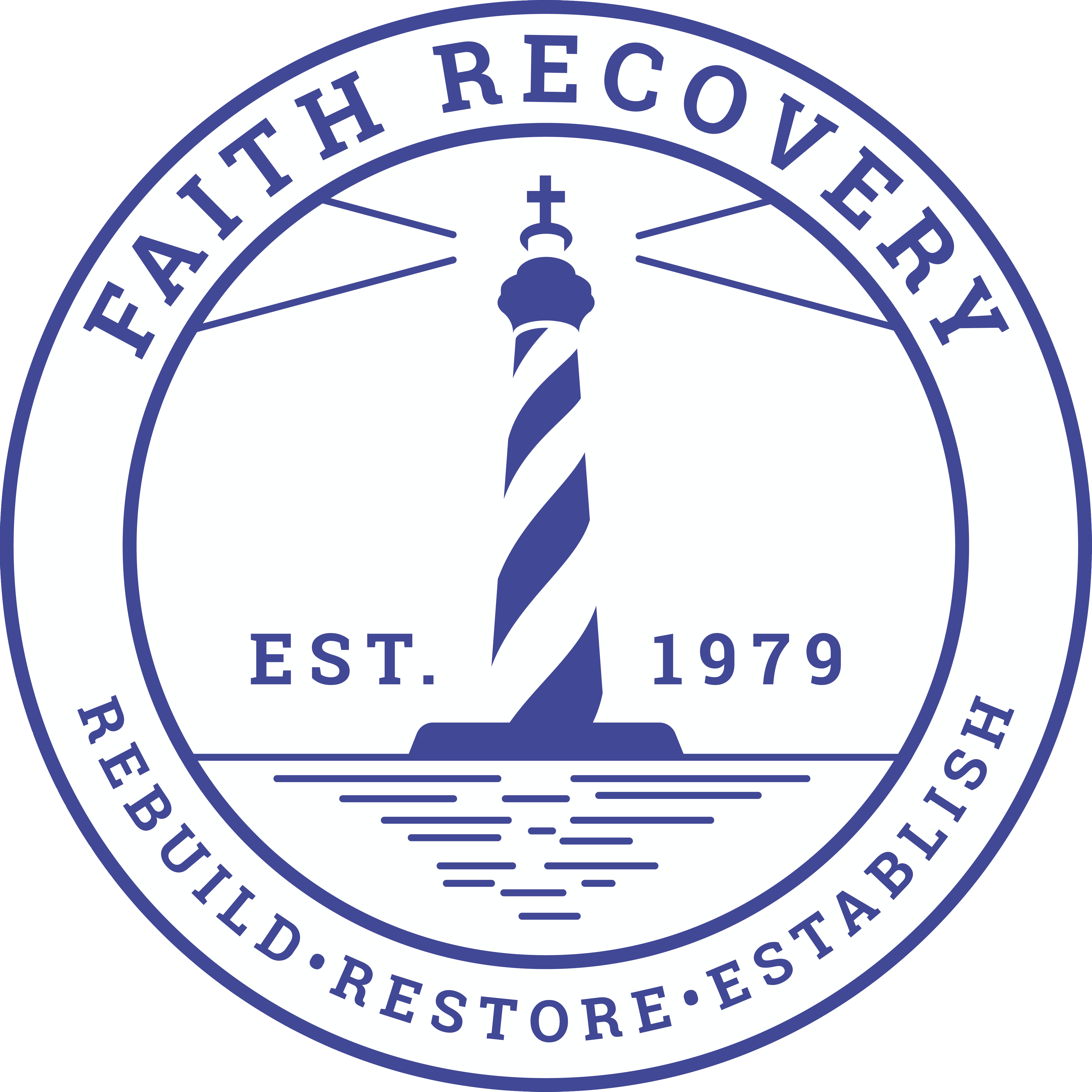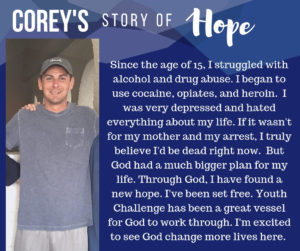Walking on thin ice
by Jean-Paul Thorne, Educational Director It was early evening Christmas Eve, 1999. The tree was lit up. There was food and drink aplenty. he house was full of family, some having come from as far as Guatemala to join us. My parents, my brother and his family from North Carolina, and my uncle and grandmother…
Read MoreBrad Gardner, Student, opens up about struggle
“75% of people who use heroin began with prescription opioids so it’s very important to get the word out on that,” said David Dillon, a prevention specialist for CIBH. Watch the video HERE
Read MoreTravis Hall discusses the impact of Youth Challenge
Executive Director, Travis Hall appears on WTVZ broadcast – Hampton Roads Issues to share the difference Youth Challenge is making in the face of the current Drug Epidemic. Watch the video HERE
Read MoreTravis Hall shares how YC changed his life
Executive Director, Travis Hall appears on WTVZ broadcast – Hampton Roads Issues to share the difference Youth Challenge is making in the face of the current Drug Epidemic. Watch the video HERE
Read MoreTravis shares how YOU can help
Executive Director, Travis Hall appears on WTVZ broadcast – Hampton Roads Issues to share the difference Youth Challenge is making in the face of the current Drug Epidemic. Watch the video HERE
Read More
Contact Us
Faith Recovery
325 Ewell Road
Williamsburg, VA 23188
(757) 244-1234
info@faithrecoveryhope.org
325 Ewell Road, Williamsburg, VA 23188
Copyright ©2024 Faith Recovery | Powered by sba




